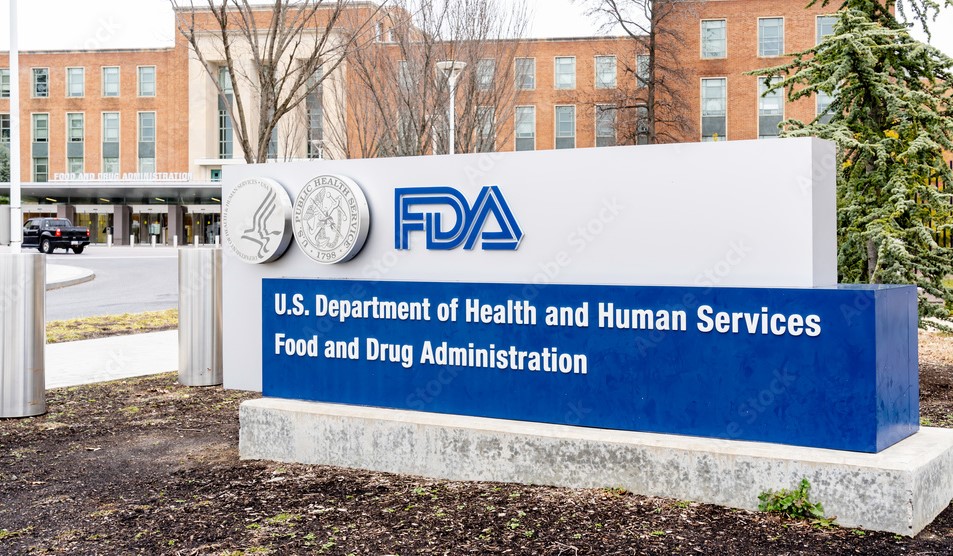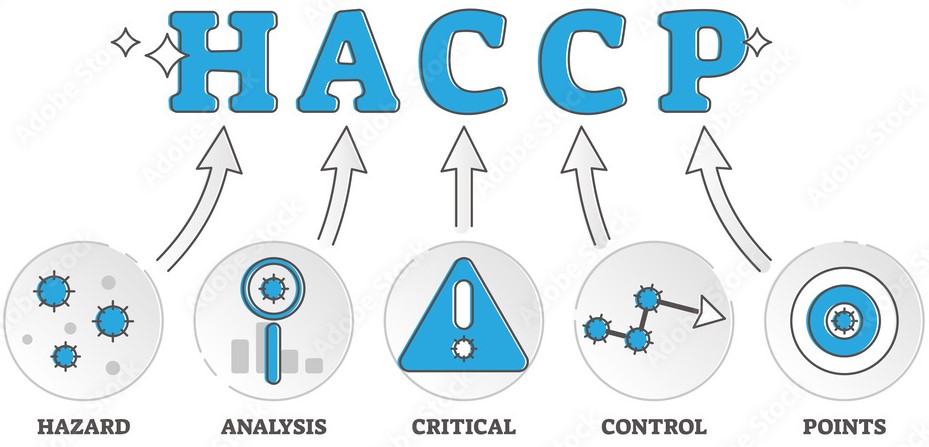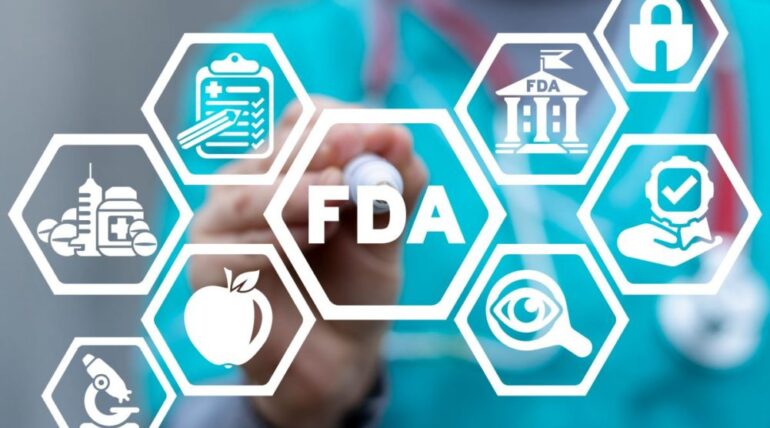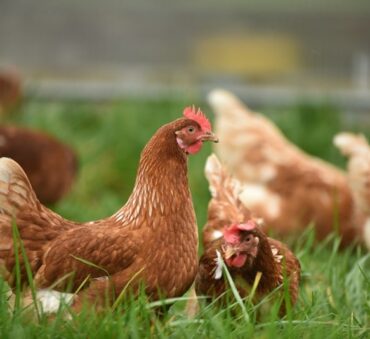Government agencies responsible for food safety in the US
Food safety is integral to public health and therefore needs to be governed by dedicated regulatory bodies to protect consumers from adverse health risk factors. In the US, there are several government agencies responsible for food safety and public health.
In this article we will look at what government agencies are responsible for food safety.
What is food safety?
Food safety plays a significant role in public health, as it keeps the consumer’s well-being in mind by ensuring food health and safety standards are adhered to. It focuses on preventing, detecting, and managing foodborne illnesses when handling, processing, and distributing foods.
The role of the government in food safety
The question might arise of which government agencies are responsible for food safety and regulation or even how many US government agencies are responsible for food safety in the US.
In the US, numerous bureaus ensure public health and food safety, establishing standards and regulations that food industries must adhere to.
Key U.S. Government Agencies responsible for Food Safety
1. United States Department of Agriculture (USDA)
The USDA is a governing agency that works on creating and implementing policies related to agriculture, farming, forestry, and food. Regarding food, they focus on meat, poultry, and processed eggs.
Their roles include:
- inspecting sanitary conditions.
- meeting federal safety standards.
- enforcing regulations.
The USDA also focuses on testing and monitoring efforts to prevent foodborne pathogens or contaminants in food. Their role also includes verifying food labeling, assuring that accurate information is present and transparent, including all ingredients, and listing the nutritional content and allergens the product might have.
The USDA collaborates and supports other food safety agencies and businesses to ensure regulatory requirements are met, and food safety standards are maintained.
2. Food and Drug Administration (FDA)
The FDA is a federal agency whose primary focus is protecting public health over a wide range of products, such as national food, human and veterinary drugs, cosmetics, and more.
The FDA establishes and enforces regulations and standards to be followed to ensure the food supply is safe for consumption.
They mitigate risk and surveillance and review and approve all food additives and new ingredients, ensuring it is safe for consumption. The FDA inspects food safety regulations in all food facilities, ensuring they are compliant and meet quality standards.

They also collaborate with food industry businesses to ensure food safety, implement preventive controls, and respond to foodborne illness outbreaks. Should a situation call for it, the FDA also initiates food recalls and guides all parties involved throughout the recall process.
3. Centre for Food Safety and Applied Nutrition (CFSAN)
The CFSAN is a division within the FDA looking after food safety and nutrition, ensuring the safety and integrity of the food supply is adhered to.
Their role includes:
- evaluating potential hazards and enforcement actions when violations are identified.
- issuing warnings and recalls.
- working closely with representatives of the food industry to better understand the challenges they face. This helps it see what guidance and training can be offered to help them solve their problems.
4. Centers for Disease Control and Prevention (CDC)
Although the CDC is not a regulatory agency, its role in food safety is crucial as they surveillance foodborne illness and outbreak investigations. The CDC works closely with other agencies to share data collection, assist with regulatory efforts, and analyze trends, to allow for appropriate control measures.
5. Food Safety and Inspection Service (FSIS)
As an agency with the USDA, the FSIS looks after the safety, labeling, and wholesomeness of the US’s meat, poultry, and egg products. This includes inspecting the food products to ensure that the businesses involved remain compliant with federal food safety regulations and best practices. FSIS works with other agencies by sharing data and investigations around foodborne outbreaks.
6. National Marine Fisheries Service (NMFS)
The NMFS, a division of the National Oceanic and Atmospheric Administration, focuses primarily on fisheries management and ensuring food safety and quality control related to seafood. The NMFS works closely with other agencies, namely the FDA, USDA, and EPA, to ensure regulations are followed and correct labeling for all seafood products entering and distributed throughout the USA food supply are safe for consumption.
Collaboration of U.S. Government Agencies and Businesses in Enforcing Food Safety
Through collaborative work, government agencies and businesses work hand in hand to establish and enforce regulations. These regulations provide guidance and promote compliance with food safety regulations.

Let’s look at how collaborative efforts between the US government agencies and businesses can jointly contribute towards food safety for all.
Regulation and Compliance
Government agencies, such as the FDA and USDA, ensure that food industry businesses maintain food safety. This is done by implementing and managing regulations and developing guidelines for companies to follow and comply with. Some of these regulations include identifying possible food contaminations or hazards, whereby a food recall is implemented to effectively remove the food product to protect public health and ensure food safety.
Inspections and Certifications
The FDA will often send investigators or inspectors to visit the facility and conduct a comprehensive assessment. This could happen unannounced to ensure that the facility is operating under normal conditions.
These inspections include:
- reviewing records.
- inspecting the facility.
- observing processes being followed by staff.
- looking at the cleanliness and sanitation of the premises where food is handled.
- collecting samples for testing to ensure safety standards are followed.
Should the business meet the requirements and regulations, a certificate is given verifying that a facility, system, or product meets specific food safety standards.
Training and Education
Government agencies, such as the FDA and the USDA, provide food safety training programs and educational resources for businesses. These training and educational offerings provide companies and individuals with food safety practices and all regulatory requirements available.
Emergency Response Collaboration
To protect public health, authorities must respond effectively to food safety incidents. This includes investigating the risks and assessing the potential health hazards associated with foods that need to be recalled. It also includes finding reliable partners who specialize in food waste management.
Contact Shapiro for a comprehensive food waste management solution that meets regulatory requirements. We offer expert advice and customized food waste recycling solutions.
Baily Ramsey, an accomplished marketing specialist, brings a unique blend of anthropological insight and marketing finesse to the digital landscape. Specializing in educational content creation, she creates content for various industries, with a particular interest in environmental initiatives.



